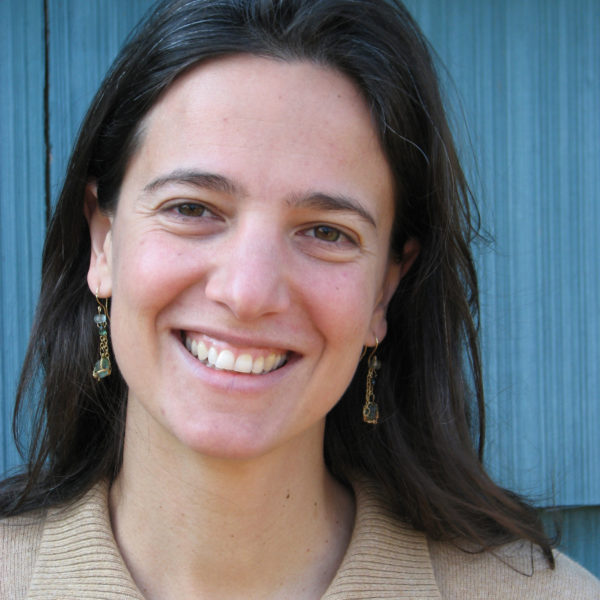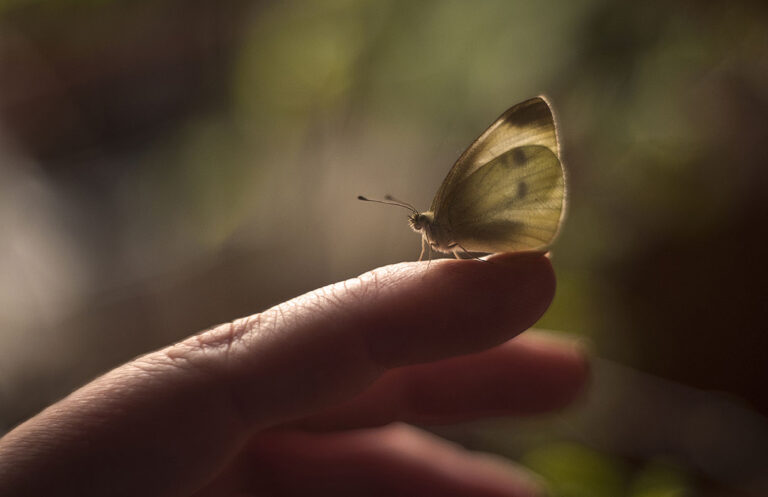O Women, Won’t You Be Our Windows
Jewish law requires that all synagogues have windows. We’re not supposed to pray in separation from the world; we’re supposed to pray with the world, conscious of its cycles, in a space that invites connection with them. Unfortunately, most authorities interpret this rule as permitting synagogues to have windows that never open — windows that seal congregants in an air-conditioned bubble, even on days when outdoor temperatures are moderate.
Synagogues, like other houses of worship, are no different from the majority of our secular spaces. Our default building methods presume round-the-clock mechanical air circulation — windows do not open, and natural cooling designs like cross-ventilation, high ceilings, porches, and recessed doors and windows are quaint rarities. The official guided tour of Washington DC’s National Building Museum, built in 1887 and inspired by Michelangelo’s church architecture, features the building’s ventilation system literally as a museum piece. Visitors are informed that the building’s great hall was designed to “create a healthful building with plenty of fresh air” — but in step with the times, the days of natural airflow there too are gone.
Like many Jews, my only visits to synagogue are during the High Holy Days, which begin next week with Rosh Hashanah, the Jewish New Year. This is also one of the periods when the ubiquity of air conditioning saddens me most. It saddens me because of the sheer waste. It saddens me because I like to wear white linen to usher in the holiday and walk to services carrying nothing, rather than packing layers fit for the tundra as I do when I go to the office, the megaplex, or the airport. And it saddens me because sealed windows separate me from the signs and wonders with which nature beckons me to contemplate the very same lessons that are at the heart of what Rosh Hashanah is all about.
For me, this is a holiday that is centrally about the cycles of life. On eve of Rosh Hashanah, we eat round rather than braided challah bread. We pray to be written in the book of life, recognizing that we are only passing through on this earth, that the length of our stay is out of our hands. We offer gratitude for each of the gifts with which we have been graced, apologize for taking them for granted and for any harm we may have caused, and promise to do our best to take better care.
Is there a season that more aptly reminds us of these most universal of teachings? The smell of crushed leaves. The shortening of days. The air that doesn’t know what it wants to be — dry one moment, cool the next, like a balmy lake with icy flows that tickle your toes. The sky when it turns into a luminous cobalt dome, infinite but somehow also sheltering. The Hebrew sources speak of chupat shamayiim, the canopy of the heavens. Since 2001, when I wake up and see this ethereal shade of blue, a shade that appears only now, in September, the words that flit across my mind are: it’s a 9/11 day.
Autumn invites us to surrender to the fact that all things come to an end, and to hold this truth with tenderness, with awe.
So as I swaddle myself in my woolen layers — in synagogue, at work, in the supermarket — I wonder whether I am the only one who dreams of a world with open windows. Is 24/7, year-round conditioned air really a choice that we as a society actively made, or did it creep up on us? Who wants this? The AC lobby? The military industrial complex?
Or perhaps this is a gender issue? For one, women are generally more sensitive to cold than men. More importantly perhaps, and here I’ll speak only for myself, my growing appreciation for nature’s cycles coincided with the acceptance and even delight I discovered when I started paying attention to the changing moods and rhythms of my own cycle.
Ani Difranco begins one of her songs with these lines:
Somethin’ about this landscape
just don’t feel right,
Hyper-air-conditioned,
and lit up all night.
Like we just gotta see how comfortable comfortable can get,
Like we can’t even bring ourselves to sweat.
The song goes on to tie over-airconditioning with consumerism, conformism, and pollution. It ends with a call to women. “O women, won’t you be our windows,” sings Ani. “Show us we are connected to everything. Show us we are not separate from everything.”
Some see Judaism as an essentially patriarchal religion. Like all religions, it has many faces. The Judaism I am drawn to puts love of women and love of nature at its center. It gives us words and customs that can help us practice non-attachment and humility, to see ourselves not as masters but as stewards.
Rosh Hashanah starts on the new moon. It is the darkest night of the month, but also the time when the stars shine at their brightest. We can still catch a glimpse of the show if we turn off the lights even from inside our air-conditioned bubbles, but a different sort of communion is available when we revel at the constellations while breathing with the night.


Share your reflection